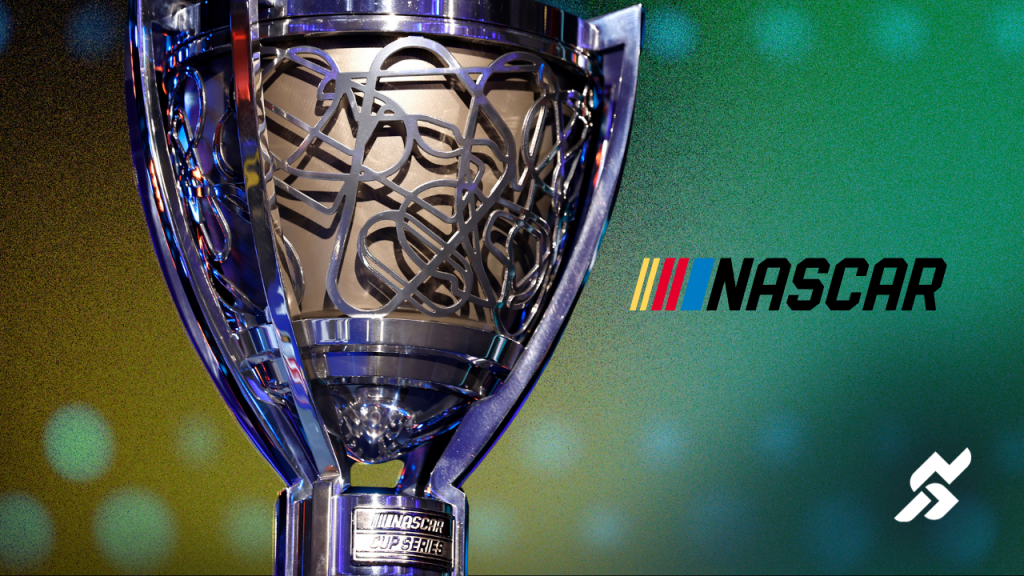A federal judge issued a pretrial ruling on Tuesday that helps 23XI Racing and Front Row Motorsports prove their antitrust case against NASCAR. U.S. District Judge Kenneth D. Bell ruled that NASCAR’s Cup Series is the only buyer for premier stock racing teams and that, because NASCAR “effectively has a 100% market share,” it has monopsony power.
Bell granted summary judgment to 23XI and Front Row on those issues. He also denied summary judgment to NASCAR—which insists that 23XI and Front Row can’t prove damages—against the antitrust claims.
To be clear, Bell’s order doesn’t mean 23XI Racing and Front Row will win a jury trial, which is scheduled to start on Dec. 1. It also doesn’t mean that whichever side wins the trial would also win an appeal to the U.S. Court of Appeals for the Fourth Circuit and a subsequent appeal to the U.S. Supreme Court.
But it does mean that 23XI Racing and Front Row won’t have to establish the relevant market for antitrust analysis or NASCAR’s monopsony power in the trial, as Bell has found they are already proven.
A monopsony, in the sports context, refers to an association that is effectively a single buyer of athletic services. The U.S. Supreme Court has held the NCAA has monopsony power over the buying of college athletes’ services. In its litigation with LIV Golf, the PGA Tour was accused of having monopsony power over the buying of elite professional golfers. Bell views NASCAR along the same lines with respect to buying of teams’ services.
Led by attorney Jeffrey Kessler, 23XI and Front Row can now focus on trying to prove NASCAR used its market power to suppress compensation opportunities for teams and their drivers, including through exclusive dealing terms as a condition for hosting Cup Series events.
Much of the case concerns charters, which are multiyear contracts between NASCAR and teams that provide teams with guaranteed slots but contain noncompete language and require mutual release of potential legal claims. As 23XI and Front Row tell it, charters unduly restrain the market for premier stock racing teams. NASCAR, meanwhile, maintains charters enhance competition and have skyrocketed in value in recent years to the benefit of charter teams.
In explaining his ruling on the relevant market, Bell cited testimony by 23XI and Front Row expert Dr. Daniel Rascher, who asserts that premier stock car racing is, as summarized by Bell, “a distinct form of automobile racing, and other types of motorsports like Formula 1 and IndyCar (as well as lower levels of stock car racing) are not substitute purchasers of these specific stock car racing services.” NASCAR’s expert, Dr. Kevin Murphy, concluded otherwise, finding that other motorsports are, in fact, substitutes in the same market.
Bell wrote that he does not need to decide whether Rascher or Murphy is right, because NASCAR’s description of the market in its counterclaim against Front Row, 23XI and Curtis Polk—who co-owns 23XI with Michael Jordan and Denny Hamlin—is similar enough to what the plaintiffs assert.
Bell recently granted summary judgment in favor of the plaintiffs on the counterclaim, which accused the plaintiffs of engineering an “illegal cartel” by allegedly forcing NASCAR to engage in joint, rather than individual, negotiations with teams and consequently to pay those teams more. Bell noted that NASCAR described the relevant market in the counterclaims as “the market for entry of cars into NASCAR Cup Series races in the United States and any other location where a Cup Series race is held.” Bell bluntly wrote that NASCAR “must now live the consequences” of how it described the relevant market in the counterclaim.
NASCAR maintains that a major defect in the lawsuit is that 23XI and Front Row can’t prove damages. NASCAR has insisted that its system for competition has grown the marketplace and increased value for teams and drivers—along with increasing fan interest and broadcast deals. The association has also cited testimony by owners of other teams who essentially make the point that charters enhance, not harm, competition. Bell wasn’t persuaded, writing that logic “is not a basis to award summary judgment” to NASCAR.
Keep in mind, Bell’s order and accompanying legal analysis could form the basis of NASCAR appealing to the Fourth Circuit. NASCAR’s lead attorney, Christopher Yates, has an impressive record in sports antitrust litigation.
The Fourth Circuit is the same appellate that, over the summer, reversed an injunction issued by Bell against NASCAR. The Fourth Circuit was highly critical of Bell’s reasoning, suggesting he was endorsing legal viewpoints unsupported by case precedent.
In a statement, Kessler said he and his clients are “very pleased” with Bell’s order. He said it means “the trial can now be focused on whether NASCAR has maintained that power through anticompetitive acts and used that power to harm teams.”
NASCAR also issued a statement, saying it has “done nothing anticompetitive in building the sport from the ground up since 1948” and has instead gained success “through hard work, risk-taking, and many significant investments.” NASCAR also said Bell’s ruling is “legally flawed” and the association “will address it at trial and in the Fourth Circuit if necessary.”
Whether the trial happens shouldn’t be taken as a given. As parties near a trial, sometimes they find the prospect of a settlement more appealing and less risky. Don’t be surprised if that happens here.

